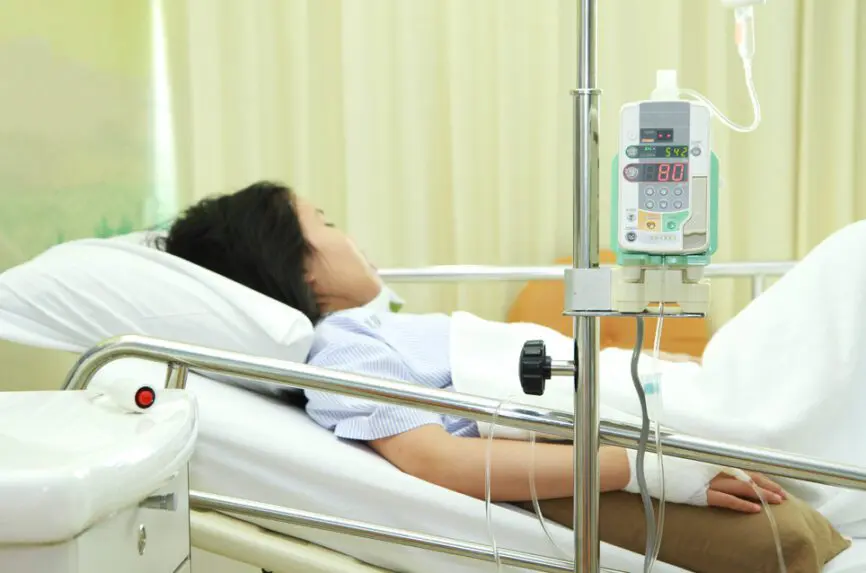Hastings Center News
New Federal Ruling Informed by Hastings Center Report Findings on Intimate Exams
A new ruling by the U.S. Department of Health and Human Services that requires teaching hospitals to get written consent from patients before undergoing intimate medical exams was informed by findings published in the Hastings Center Report.
The findings came from the first national survey on the frequency and demographics of the practice of doing pelvic and prostate exams on patients who were not asked for consent. Based on their survey results, the Hastings Center Report authors estimated that 3.6 million U.S. residents may have received an unconsented intimate exam within the previous five years. This number may be a conservative estimate since most unconsented intimate exams are believed to occur without patients’ knowledge, while the patients are anesthetized. The practice was found to be equally prevalent among male and female patients, but it occurred nearly four times as often in Black patients as white patients.
“Ethically and legally, patients have the right not to have their bodies touched without their express prior permission unless doing so is required by a medical emergency that threatens their welfare while they are incapacitated and they are not expected to (re)gain capacity in time to give informed consent,” the authors wrote, adding that unconsented intimate exams “violate this widely recognized right.”
Lori Bruce, the lead author, provided information about the nature and condition of unconsented intimate medical exams to the Department of Health and Human Services. Bruce is the associate director of the Yale Interdisciplinary Center for Bioethics and chair of the Community Bioethics Forum at Yale School of Medicine. She told HHS that over the last several years, media coverage and a movement by bioethicists have brought attention to the practice and that 21 states have implemented laws to address the issue, but that most of these laws failed to have meaningful impact.
In its letter to the nation’s teaching hospitals and medical schools explaining its new guidance, the Department of Health and Human Services wrote, “It is critically important that hospitals set clear guidelines to ensure providers and trainees performing these examinations first obtain and document informed consent from patients before performing sensitive examinations in all circumstances. Informed consent includes the right to refuse consent for sensitive examinations conducted for teaching purposes and the right to refuse to consent to any previously unagreed examinations to treatment while under anesthesia.”
Previously, the Hastings Center Report essay informed Connecticut legislation passed in 2022 that prohibited unauthorized intimate examinations on patients. When the legislation was under consideration, Connecticut legislators asked the Community Bioethics Forum to provide their views on it. To gain greater clarity on the demographic patterns and frequency of unconsented intimate exams, Bruce and her co-authors conducted the survey that was the subject of the Hastings Center Report essay.
The results of the survey have received significant media coverage over the last two years, including by NBC Nightly News.

